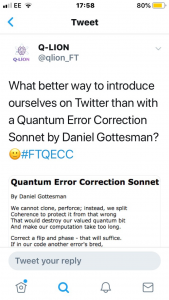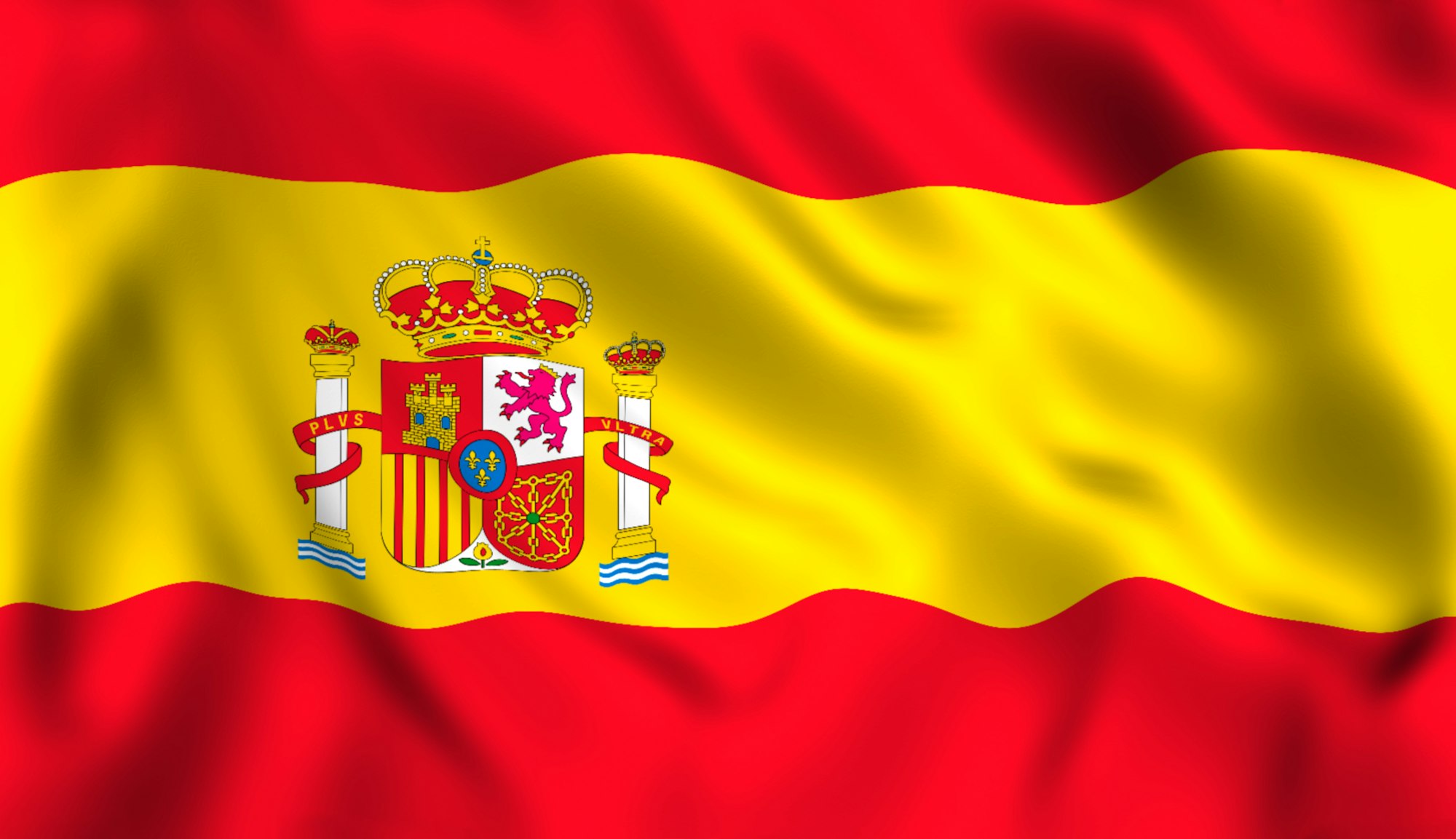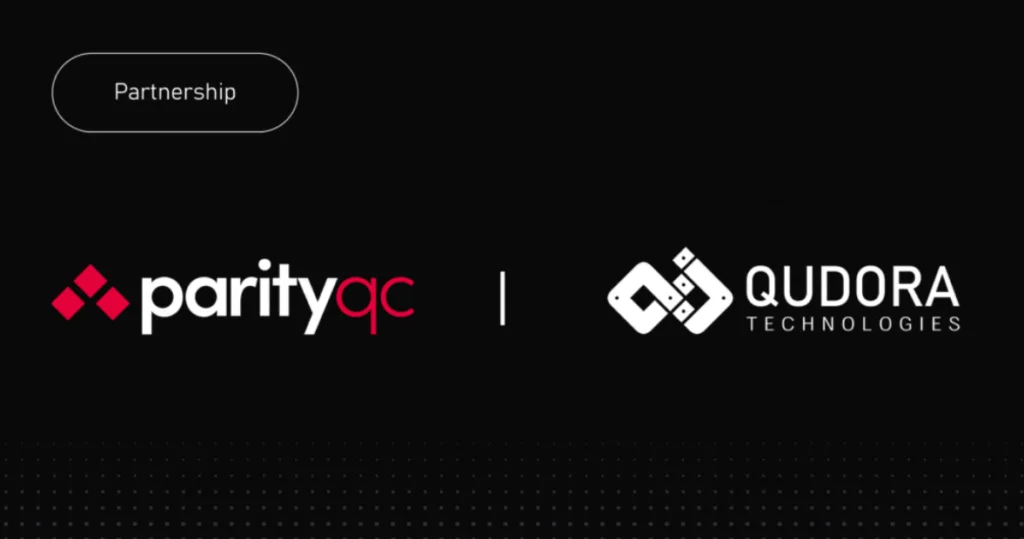Spanish Innovation
It is not only countries like Germany, the Netherlands, Austria and the UK that quantum computing and quantum systems are being developed in Europe. In every corner of the continent, innovative startups — loaded with both business-savvy entrepreneurs along with their team of promising quantum physicists and programmers — are gaining traction with their business goals.
So it’s good news to hear that on the Iberian peninsula, too, ideas in quantum computing are taking root. Q-LION, Spain’s first startup in the quantum computing space, has as its mission to develop quantum error-correcting codes targeted towards hardware systems that use trapped-ion architecture.
Best Startup

The startup, founded in January 2019 as a QC software entrepreneur project by Andrea Rodríguez Blanco, a Ph.D. candidate at the Universidad Complutense de Madrid with a background in physics as an undergraduate, intends to create these error-correcting codes to eradicate the decoherence problem that hounds all functioning quantum computers.
![]()
To its credit, the Spanish startup won the best project in the incubator program Explorer by Santander Bank (Ganador Premio Explorer UCM, in Spanish), only going to show what promise the startup, and particularly Rodríguez Blanco, has proven they have.
‘Life is a lot more fun if you treat its challenges in creative ways.’
— Bill Gates
Three-Fault Tolerant
At the time of writing, Q-LION is working on distance three-fault tolerant topological colour codes operating with nine physical qubits. A physical qubit, in essence, is a qubit that is prone to suffering from decoherence. A logical qubit, on the other hand, is useful for programming operations, as it holds both 0> and 1> quantum states. To get a quantum computer to operate to optimal efficiency, it is important to use both types of qubits by, say, placing a logical qubit onto numerous physical qubits which can be regarded as ‘dummy’ qubits to act out the redundancy of the quantum system, giving the logical qubit room to ‘work out’ quantum calculations effectively without the threat of decoherence happening.
Financial Crisis
From the terrible after-effects the 2008 financial crisis had on the Spanish economy, it is great to see the country on the up again. By 2015, the rate of unemployment among young people was just over 45%. With the likes of startups such as Declarando, an online tax advice platform which assists freelancers in the spiky world of the Spanish fiscal system and Medicsen, a company that has developed an app using predictive algorithms which can help diabetics control the level of glucose in their blood, they are joining Q-LION along with the countless other startups in the country that have sprung up over the last few years. The future is looking considerably brighter in that part of the world now.
Immortal Words
On the Q-LION website, Bill Gates’ immortal words: ‘Life is a lot more fun if you treat its challenges in creative ways’ are presented proudly. It is apparent, Q-LION and its founder, Rodríguez Blanco, believe in the challenges ahead. Let us hope, then, Q-LION is the first of many in the Spanish quantum computer space that will change the industry for the good.
To end, I will let a poet take the stage. Q-LION’s first-ever tweet, posted on July 18th of this year, epitomizes what the startup is all about. Here’s part of it:
















